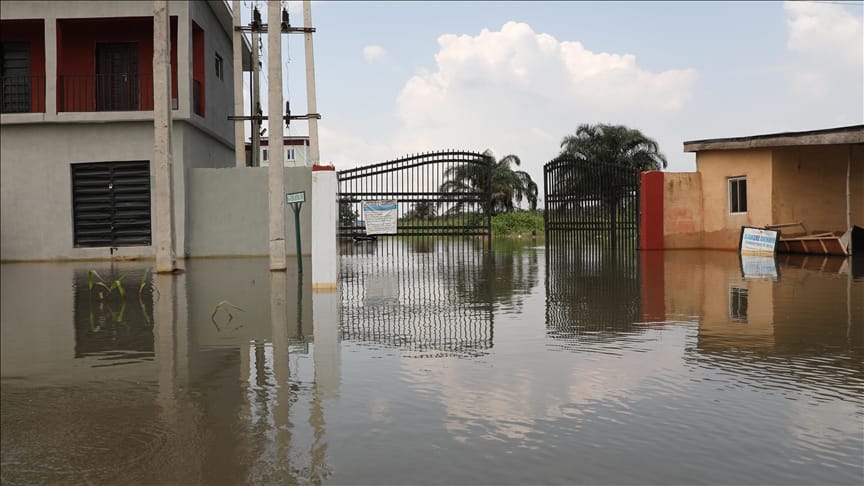The number of casualties from devastating floods in Mokwa, a town in Nigeria’s north-central Niger State, has risen to 151, local authorities reported on Saturday. The disaster followed days of relentless rainfall, which began late Wednesday and extended into Thursday, leaving a trail of destruction across the region.
According to Ibrahim Hussaini, spokesperson for the Niger State Emergency Management Agency (NSEMA), the floods severely impacted local infrastructure and communities. Homes were swept away, roads rendered impassable, and two major bridges collapsed. “The confirmed death toll now stands at 151. We have recorded 3,018 displaced individuals, 503 households affected, and damage to 265 homes. Additionally, three entire communities have been submerged and wiped out,” Hussaini said.
Mokwa serves as a vital transit and trade hub, linking agricultural producers in northern Nigeria with markets in the south. The flooding has not only caused a humanitarian emergency but also disrupted critical supply chains and regional commerce.
In light of the ongoing crisis, the National Emergency Management Agency (NEMA) convened a high-level meeting on Friday in Niger State. The gathering brought together disaster response officials, humanitarian agencies, and local partners under the theme “Strengthening Resilience, Enhancing Preparedness and Response.” The objective was to evaluate the immediate response and develop long-term strategies to reduce the risk and impact of future flooding events in the state, which has faced repeated climate-related disasters.
As search-and-rescue efforts continue, President Bola Tinubu has instructed NEMA and national security agencies to intensify operations across affected areas. His directive highlights the seriousness of the situation and the federal government’s commitment to ensuring that survivors are located and emergency aid is delivered efficiently.
The tragedy in Mokwa underscores the growing urgency for Nigeria to implement more robust flood mitigation and climate adaptation measures, especially in regions vulnerable to seasonal weather extremes.



